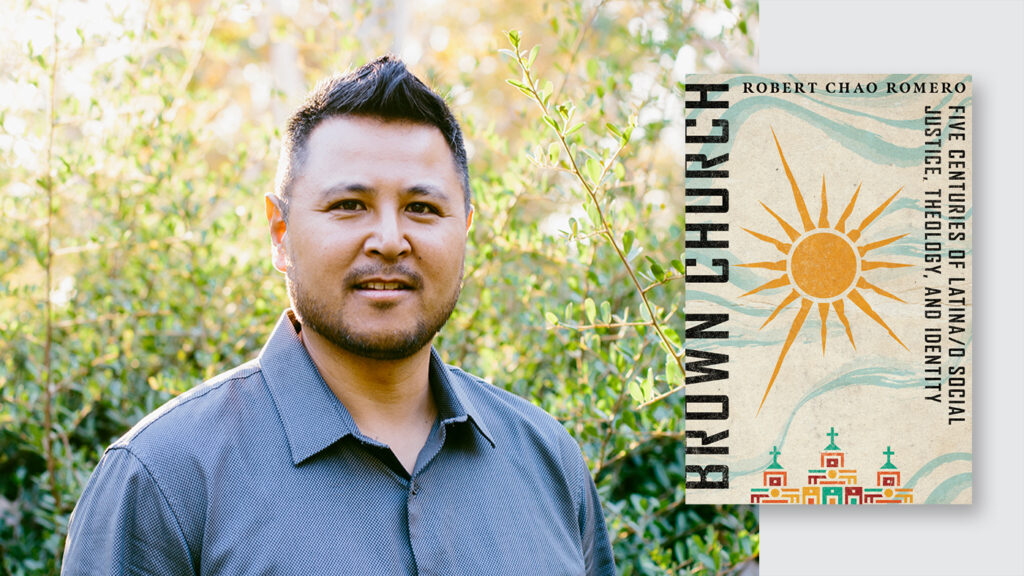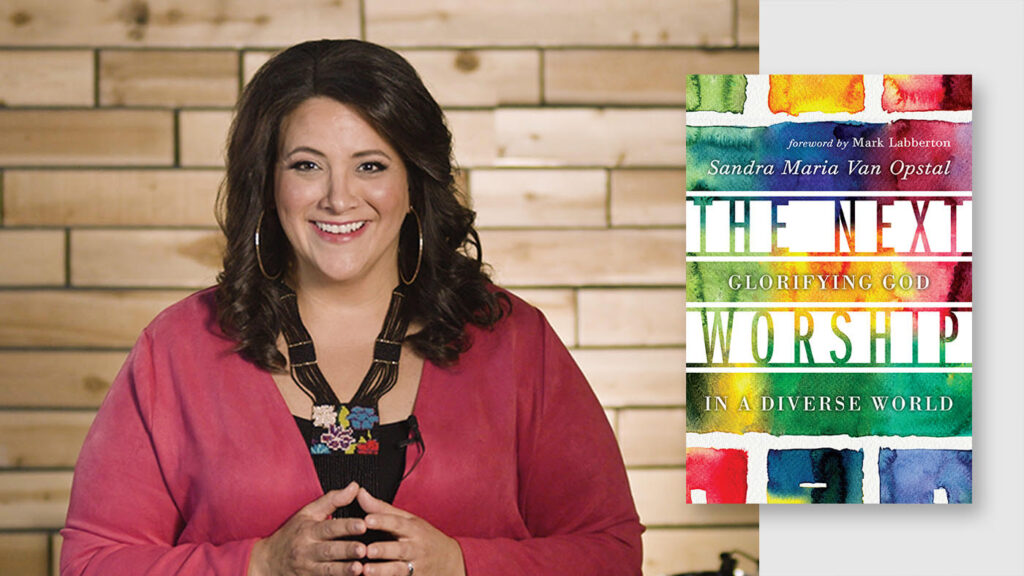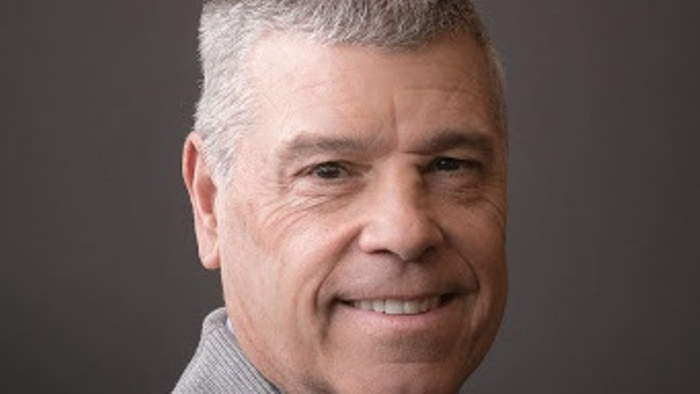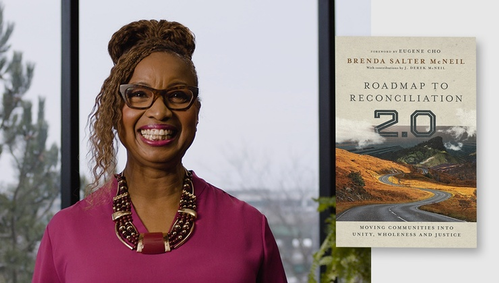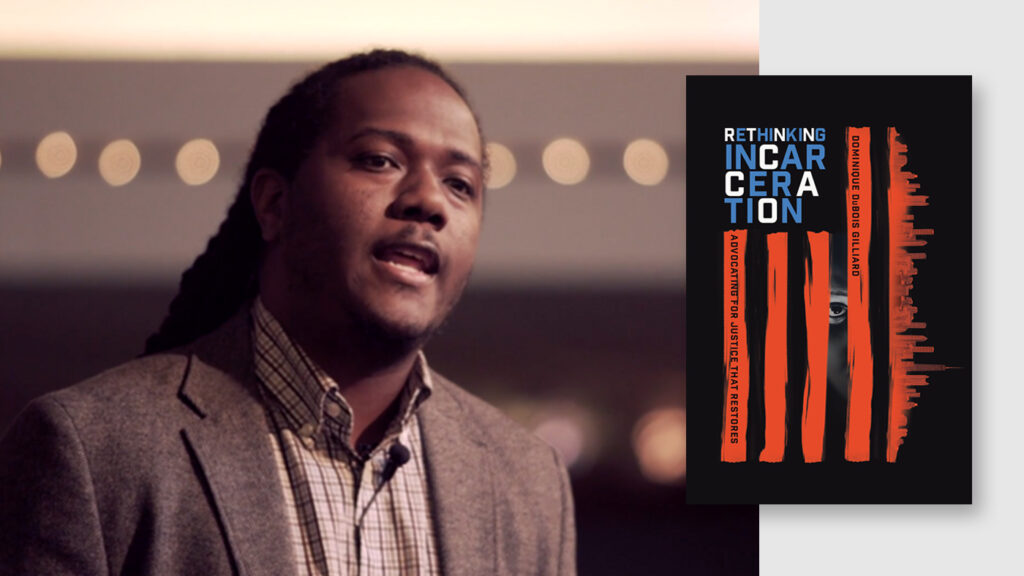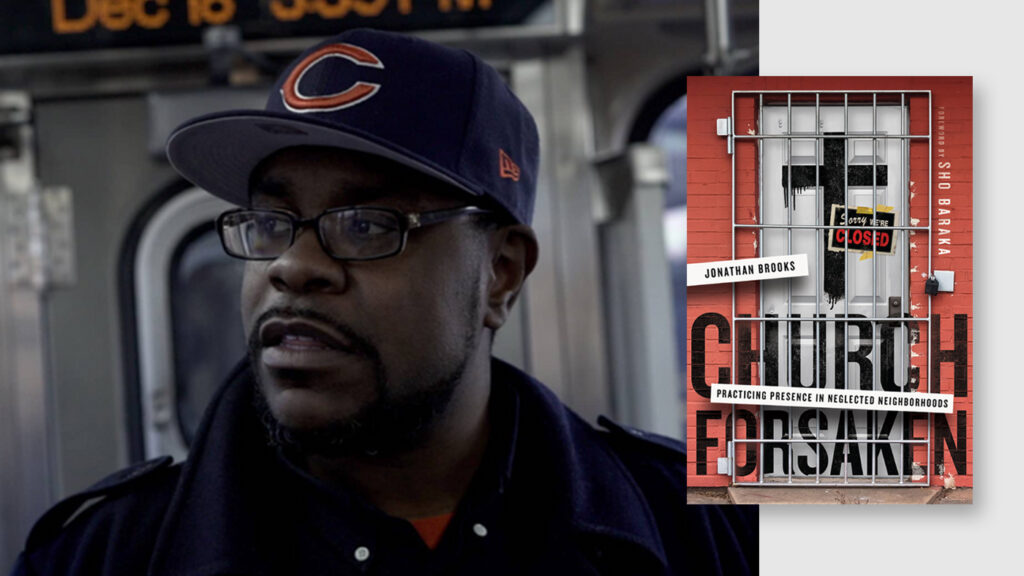In partnership with Northern Seminary and InterVarsity Press, Seminary Now is a subscription-based, streaming video platform featuring exclusive courses from today’s leading professors, ministry practitioners, and authors, including many of CCDA’s leading voices, in areas such as justice, reconciliation, community engagement, and Christian leadership.
- Get unlimited access to a growing library
- New courses published every month
- Monthly live Q&A with our expert teachers
- Available on any device, including phone and TV apps
As a member of CCDA, for a limited time, you receive a special 30% discount for access to all courses. Visit seminarynow.com for a preview of the course offerings.
Interest in and awareness of the demand for social justice as an outworking of the Christian faith is growing. But it is not new.
For five hundred years, Latina/o culture and identity have been shaped by their challenges to the religious, socio-economic, and political status quo, whether in opposition to Spanish colonialism, Latin American dictatorships, US imperialism in Central America, the oppression of farmworkers, or the current exploitation of undocumented immigrants. Christianity has played a significant role in that movement at every stage.
Robert Chao Romero, the son of a Mexican father and a Chinese immigrant mother, explores the history and theology of what he terms the “Brown Church.” Romero considers how this movement has responded to these and other injustices throughout its history by appealing to the belief that God’s vision for redemption includes not only heavenly promises but also the transformation of every aspect of our lives and the world. Walking through this history of activism and faith, readers will discover that Latina/o Christians have a heart after God’s own.
What happens when a diverse church glorifies the global God?
We live in a time of unprecedented intercultural exchange, where our communities welcome people from around the world. Music and media from every culture are easily accessible, and our worship is infused with a rich variety of musical and liturgical influences. But leading worship in multicultural contexts can be a crosscultural experience for everybody. How do we help our congregations navigate the journey?
Innovative worship leader Sandra Maria Van Opstal is known for crafting worship that embodies the global, multiethnic body of Christ. Likening diverse worship to a sumptuous banquet, she shows how worship leaders can set the table and welcome worshipers from every tribe and tongue. Van Opstal provides biblical foundations for multiethnic worship, with practical tools and resources for planning services that reflect God’s invitation for all peoples to praise him.
When multiethnic worship is done well, the church models reconciliation and prophetic justice, heralding God’s good news for the world. Enter into the praise of our king, and let the nations rejoice!
“Coach” Wayne Gordon teaches the principles and practices of church-based community development. In this video course, Coach shows how these principles are implemented in the Lawndale neighborhood of Chicago, including the Lawndale Health Center, the Hope House, Lou Malnati’s, and community housing.
We can see the injustice and inequality in our lives and in the world. We are ready to rise up. But how, exactly, do we do this? How does one reconcile? What we need is a clear sense of direction.
Based on her extensive consulting experience with churches, colleges and organizations, Rev. Dr. Brenda Salter McNeil has created a roadmap to show us the way. She guides us through the common topics of discussion and past the bumpy social terrain and political boundaries that will arise. In this course she voices her call to all believers:
“It’s time for the followers of Jesus to embark on the prophetic journey that leads to reconciliation and transformation around the world. Many of us may already be aware of the need for reconciliation in our own backyards. . . . We cannot ignore the plight of the people around us and as globalization continues its relentless march onward, we cannot turn a blind eye to the world at large either. We have to face the realities here at home and we must also embrace the stories of people all around the world.”
If you are ready to take the next step into unity, wholeness and justice, then this is the course for you.
The United States has more people locked up in jails, prisons, and detention centers than any other country in the history of the world. Mass incarceration has become a lucrative industry, and the criminal justice system is plagued with bias and unjust practices. And the church has unwittingly contributed to the problem.
Dominique Gilliard explores the history and foundation of mass incarceration, examining Christianity’s role in its evolution and expansion. He then shows how Christians can pursue justice that restores and reconciles, offering creative solutions and highlighting innovative interventions.
The church has the power to help transform our criminal justice system. Discover how you can participate in the restorative justice needed to bring authentic rehabilitation, lasting transformation, and healthy reintegration to this broken system.
Jonathan Brooks was raised in the Englewood neighborhood on the south side of Chicago. As soon as he was able, he left the community and moved as far away as he could. But through a remarkable turn of events, he reluctantly returned and found himself not only back in Englewood but also serving as a pastor (“Pastah J”) and community leader.
Brooks challenges local churches to rediscover that loving our neighbors means loving our neighborhoods. Unpacking the themes of Jeremiah 29, he shows how Christians can be fully present in local communities, building homes and planting gardens for the common good. His holistic vision and practical work offers good news for forgotten people and places. And community stakeholders and civic leaders will rediscover that churches are viable partners in community transformation in ways that they may never have considered.
God has always been at work in neglected neighborhoods. Join Pastah J on this journey and discover new hope for your community.



